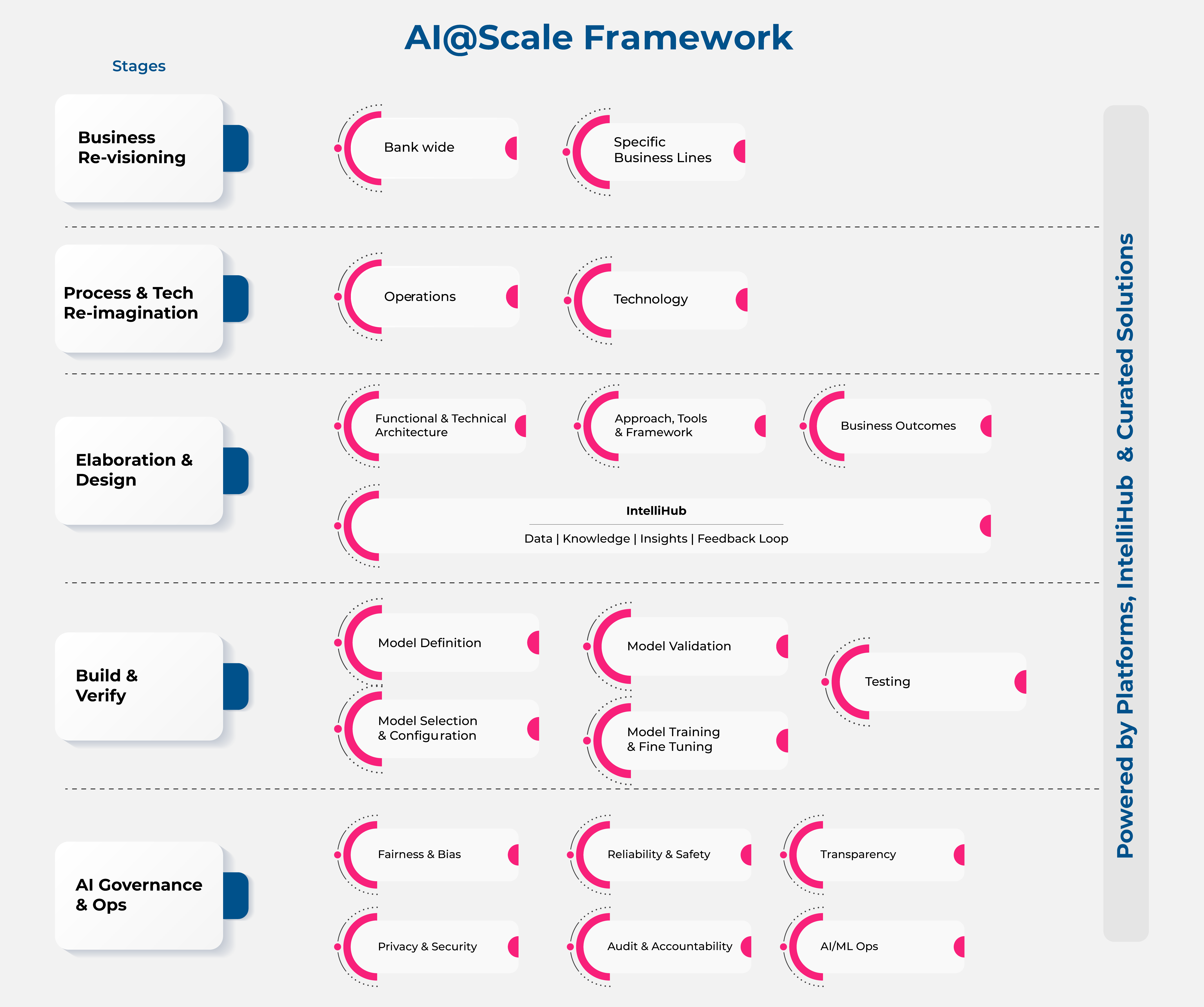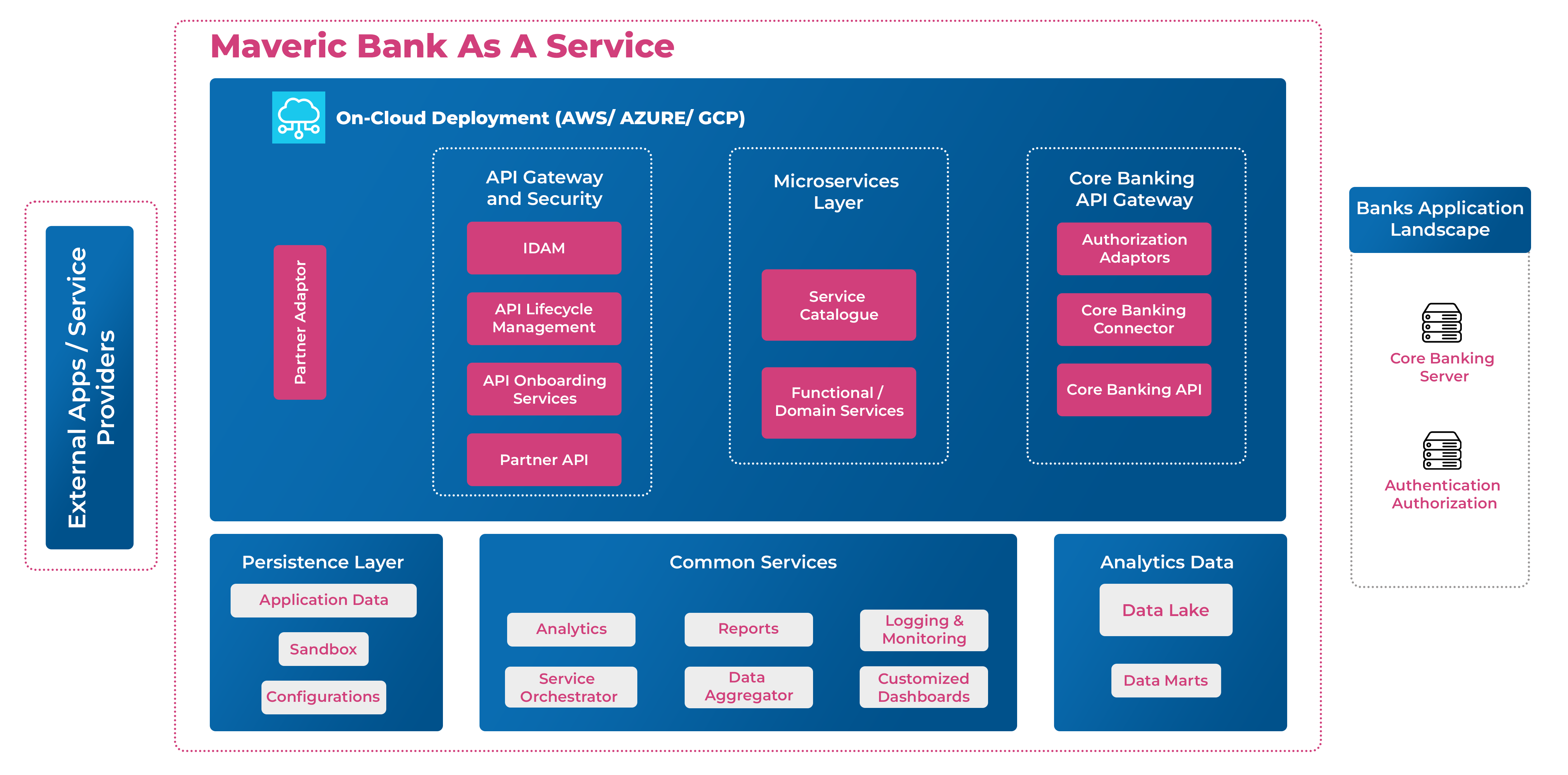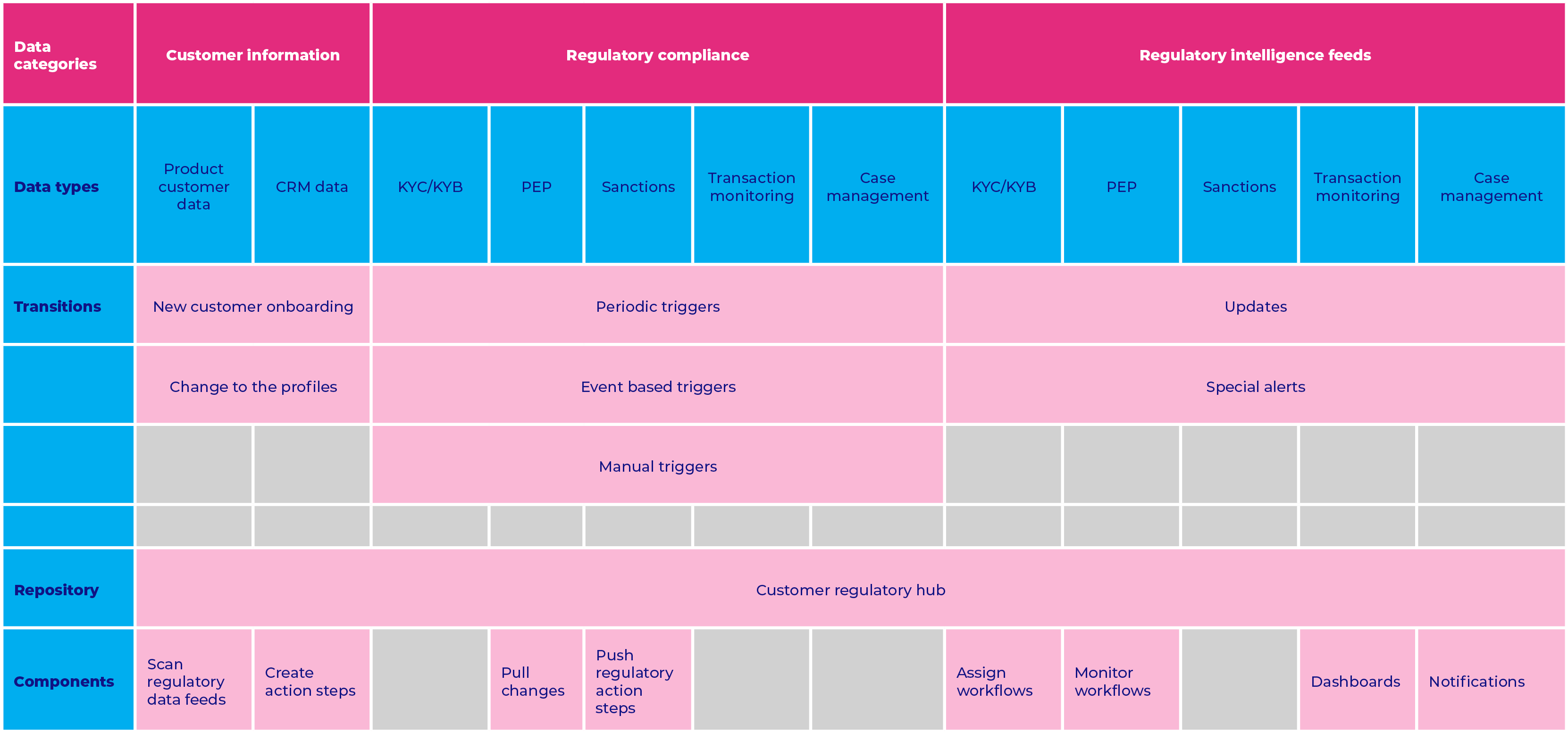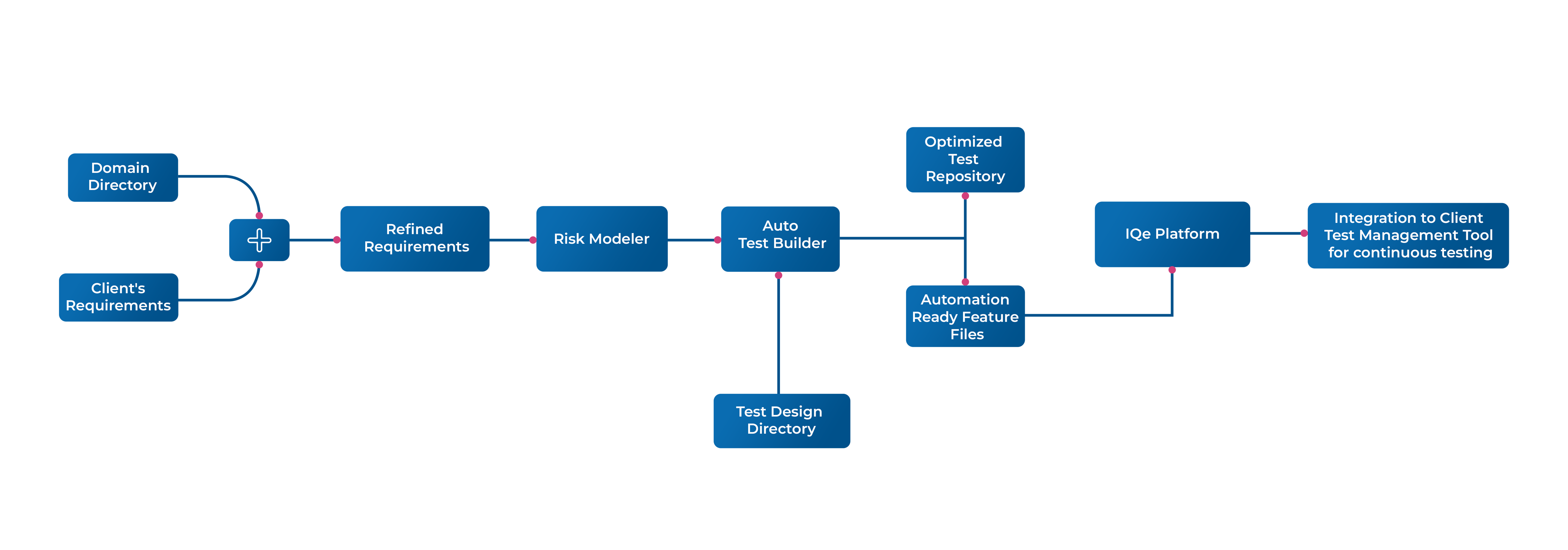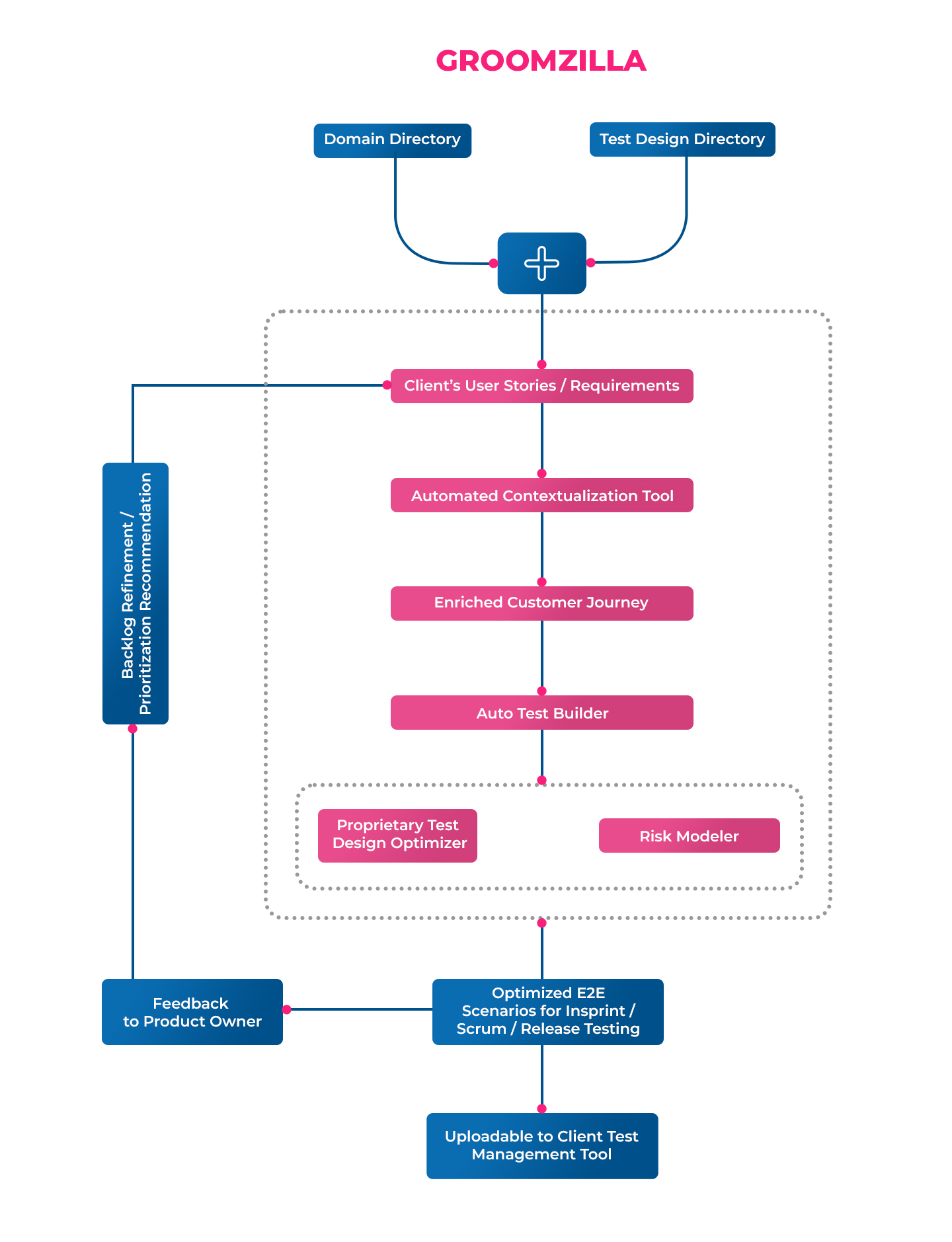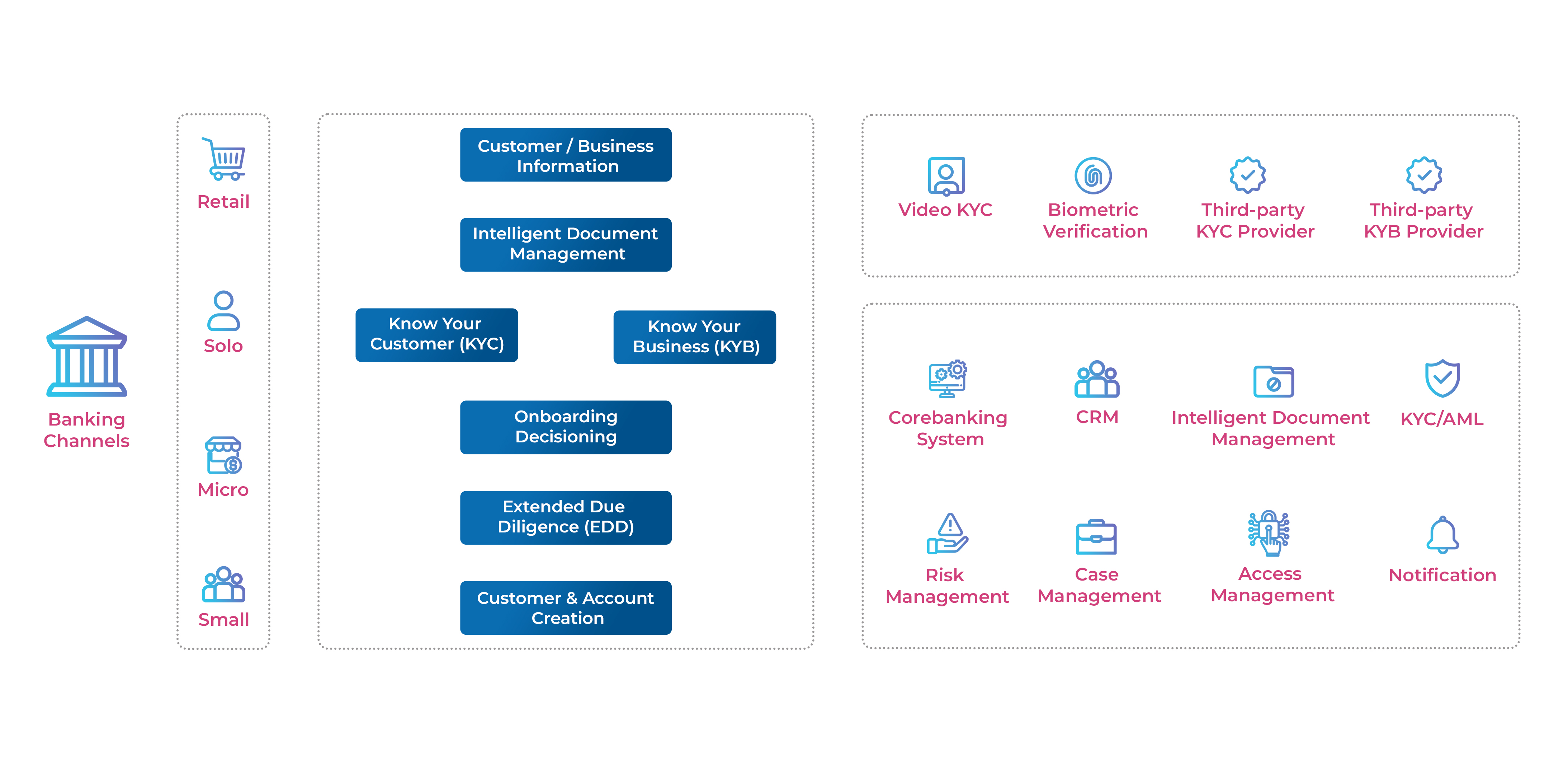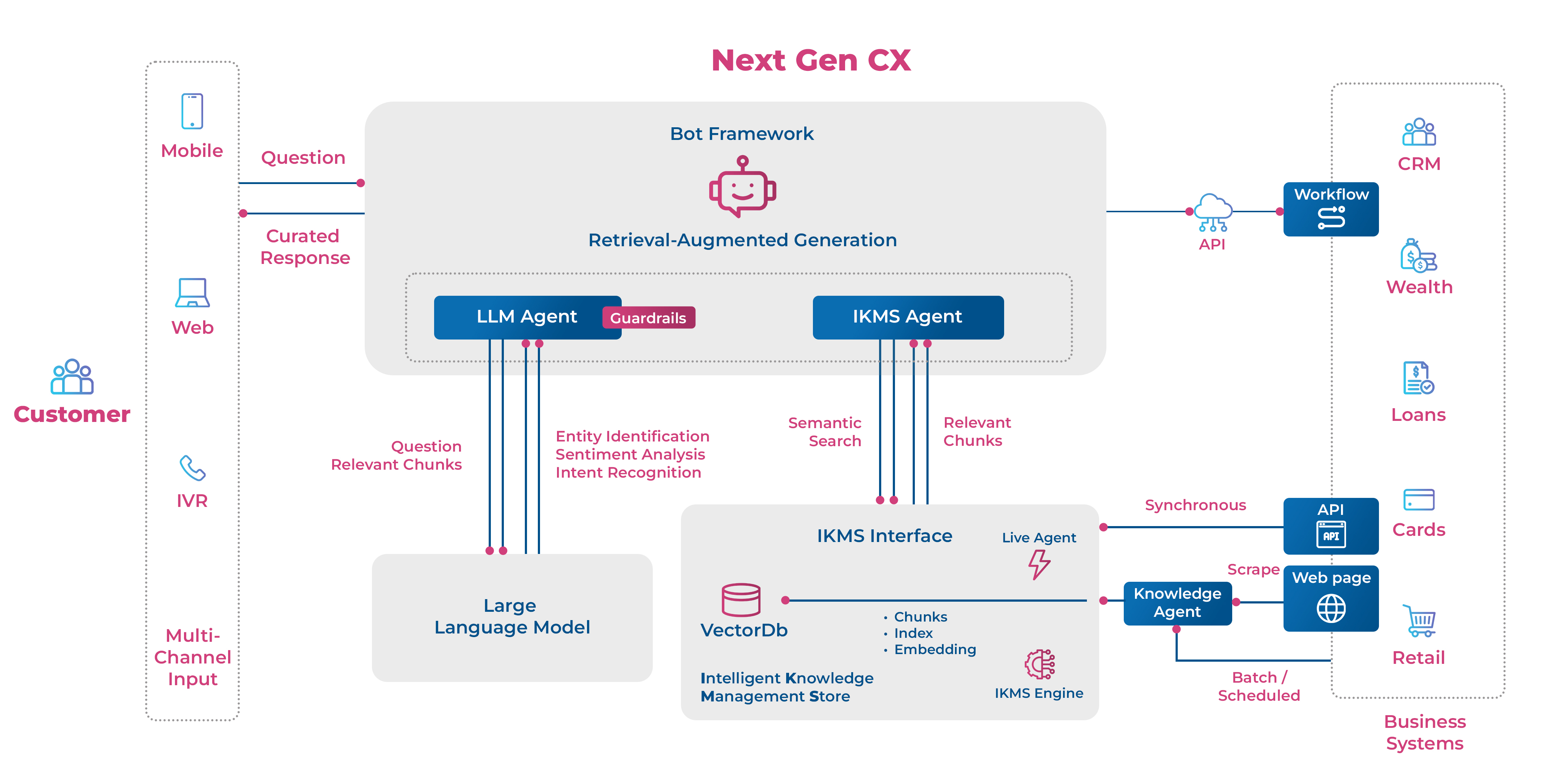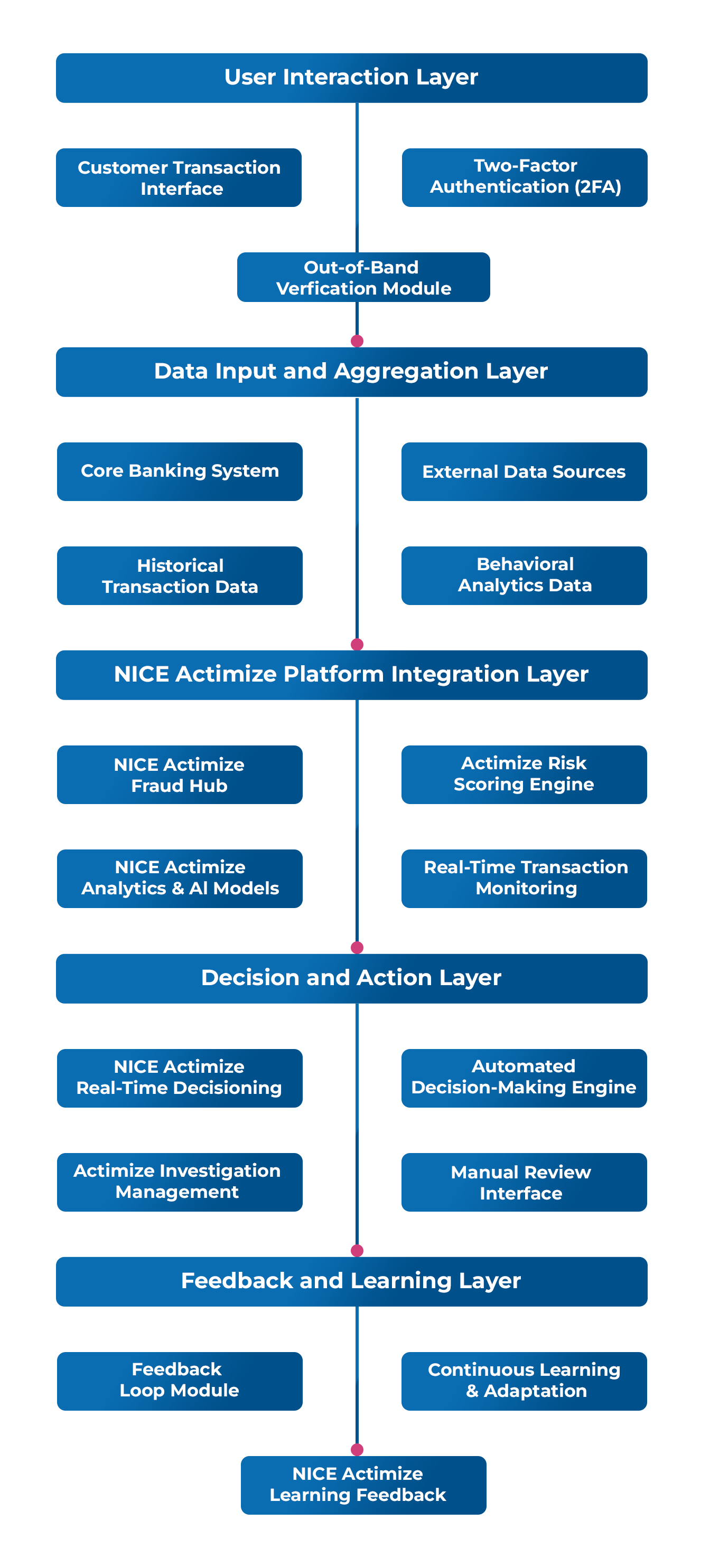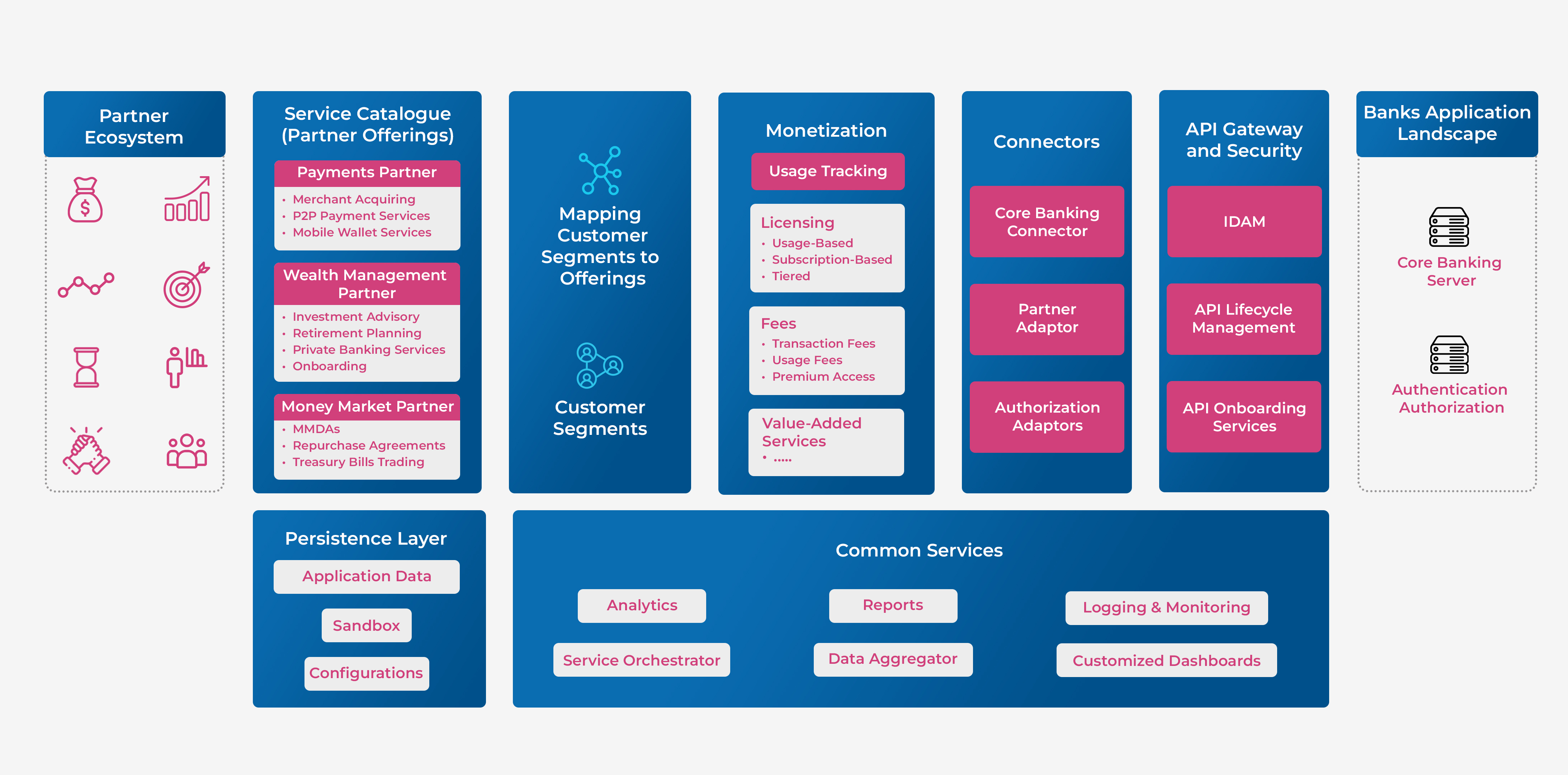In 2022, wealth management firms consisting of commercial, and retail banks, universal banks, fund management companies, online trading platforms, private banks, brokerage firms, and family offices, are in a reinventing mode. Demographic shifts (before 2030, millennials will be five times wealthier than today) and increased digitalization (automated workflows, improving hyper-personalized products, the impact of data analytics in client acquisition, servicing, and retention) drives profound changes in an industry that is in a hurry to shed its ‘conservative cloak.’
Here are 2022’s top seven trends for the wealth management industry
Soul Searching and Money on their Minds
Pandemic brought in waves of reflection. As people began rethinking their relationships with work, purpose, and money, COVID variants brought stock market uncertainty. Low-interest-rate environment prevailed, cash usage fell, inflation rose, remote working changed the nature of wealth advisory services, fund managers favored diversification approaches, and cloud computing (amongst other technologies) gathered steam in its industry journey.
Every dark cloud brings its silver lining.
In the last 24-months, the spurt in financial planning needs – short and long term – shows enhanced customer motivations to envision, plan and start on their life goals. So, what’s needed? Hordes of informed customers today look for competent (and digitally equipped) wealth managers to help them across the spectrum – from tax advisory to estate planning and will creation and everything in between.
Blockchain and crypto complexity is no longer ignorable.
While blockchain impacts across retail banking and asset management get discussed, it is a matter of time when wealth management use cases see the applications of real-time settlement models, single point of truth, automated investment vehicles, and smart contracts. The distributed ledger technology promises to severely disrupt the industry – from how financial transactions are executed (threatening transaction fees), crashing costs of KYC and investment profile transactions, and more importantly, when cryptos are offered as a mainstream investment asset choice. A few banks (UBS) are experimenting with distributed ledger technology-based trade finance systems.
Baby Boomers pass the baton to Millennials.
In the generational relay race, as millennials prepare to run the next leg, the technology functions as the baton. The wealth management industry, to be fair, has been in a preparation mode for some time – advisors’ compensation structure has moved from a compensation-based model to goal-based frameworks. The new generation advisors lean towards data and analytics to juggle multiple investing strategies with often contradictory client asks. The sweet spot is to stack the highest returns via a hyper-personalized portfolio aligned to unique life goals and lifestyles.
And what are the technology systems driving the goal?
From cloud computing platforms for data and richer insights to embracing open API architecture for 360-degree customer views to Robot-based advisory services, predicting life events via AI/ML detection systems, and product propensity engines for affinity offers.
Old-world customer experience still wins.
As more clients adapted to virtual meetings overnight, what surfaced as a winning practice was something the industry knew as its single biggest differentiator: trust in a one-to-one personal environment. The shift is evident. More than seeing a product as a single source of value, customers now seek value in the experience of how a product or service is delivered. Static, episodic, and manual planning processes have to go. Instead, the millennials and device-savvy customers ask for more dynamic, ongoing, and digital choices. Moreover, financial security has consistently ranked high on a successful wealth advisor’s list, but the pandemic emphasizes that one size will not fit all and focuses on combining risk planning with growth.
Developing an ecosystem focus for wealth management hypergrowth.
Hong Kong’s Total assets under management (AUM) rose 21% to $4.5 Trillion in 2020, while private banking and wealth management reported an increase of 25% to $11.3 trillion. In a stiff competition for global wallet share, the island region continually punches above its weight because of multiple factors. The transparent regulatory framework, technology-embracing climate (including robot-advisors and high VR usage in the industry), a professional talent pool, and the broad availability of new-age investment offerings (art and wine, for instance).
Go Green, beyond the currency.
While financial returns will continue to occupy full attention, a growing segment of investors expects their wealth managers to know more about the current ESG issues and practices. ESG, or Environmental, Social, and Governance, is today’s direct result of rising consumer consciousness so that planet is seen as equal to profits, meaning equal to money and growth as equal to Green. In product design, fund allocation, and performance parameters, significant efforts in the wealth management industry show a considerable ESG influence.
Final words.
In a world that fights one variant after another, the power to do good and the ability to be good comes from the belief that customers are secure in their current material spheres and protected in their future goals. Wealth management has a direct and pivotal role in cementing that belief.
Never has there been a time in history when the industry has had a more significant power to change the future.



